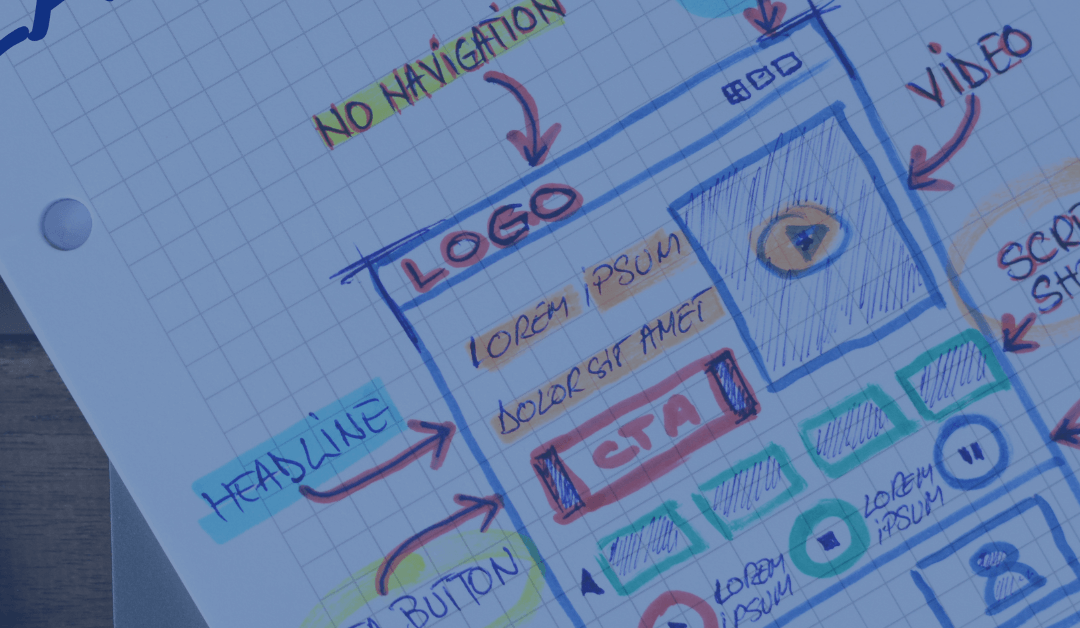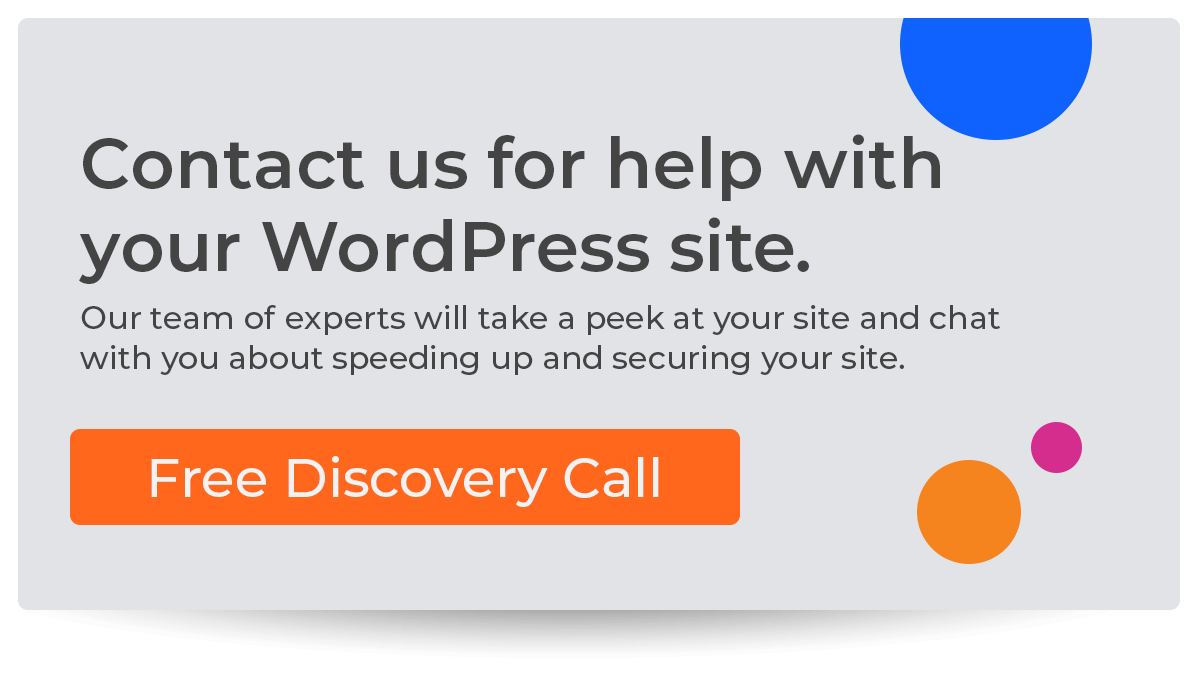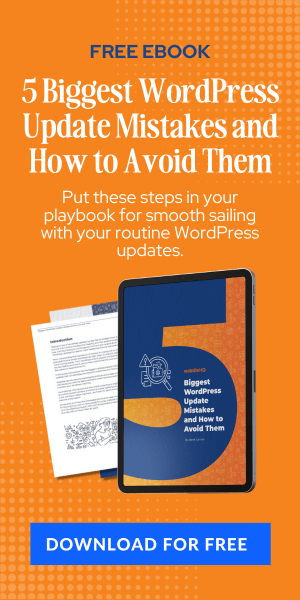Introduction to Website Accessibility
Website accessibility is a crucial aspect of web development that ensures all users, including those with disabilities, can access and interact with online content. Website accessibility is not just a legal requirement in many jurisdictions, it's also a best practice that improves user experience and boosts SEO performance as you tune up your website. Website accessibility guidelines are enforced by the Americans with Disabilities Act (ADA), and were updated on March 18, 2023.
The Principles of Website Accessibility
The Web Content Accessibility Guidelines (WCAG), a set of recommendations for making web content more accessible, outlines four fundamental principles of website accessibility:
- Perceivable: Information and user interface components must be presentable to users in ways they can perceive. This means that users must be able to perceive the presented information (it can't be invisible to all of their senses).
- Operable: User interface components and navigation must be operable. This means that users must be able to operate the interface (the interface cannot require interaction that a user cannot perform).
- Understandable: Information and the operation of the user interface must be understandable. This means that users must be able to understand the information and the operation of the user interface (the content or operation cannot be beyond their understanding).
- Robust: Content must be robust enough to be interpreted reliably by various user agents, including assistive technologies. This means that users must be able to access the content as technologies advance (as technologies and user agents evolve, the content should remain accessible).
If any of these are false, users with disabilities cannot use the web. Under each principle, there are guidelines that provide the primary goals that authors should work towards to make content more accessible to users with different disabilities. The guidelines provide the framework and overall objectives to help authors understand the success criteria and implement better web design techniques.
For more detailed information on these principles, you can visit the Web Content Accessibility Guidelines (WCAG).
Guidelines for Website Accessibility
To make a website accessible, several guidelines need to be followed. These include:
- Text Alternatives: Provide alternatives for non-text content. This allows it to be changed into other forms people need, such as large print, braille, speech, symbols, or more straightforward language.
- Time-based Media: Provide alternatives for time-based media. This includes providing captions and other options for multimedia.
- Adaptable: Create content that can be presented differently without losing information or structure. This includes ensuring your website is responsive and can be accessed on various devices and orientations.
- Distinguishable: Make it easier for users to see and hear content. This includes separating foreground from background and making sure the text is readable.
Implementing Website Accessibility
Implementing website accessibility involves several best practices:
- Using appropriate HTML elements: Semantic HTML elements like headers, nav, and buttons make it easier for screen readers to interpret the content.
- Ensuring sufficient color contrast: Text should stand out against background colors to help users with visual impairments read the content.
- Providing text alternatives for non-text content: Images should include alt text to describe the image for screen readers.
- Making all functionality available from a keyboard: Users should be able to navigate your site using only a keyboard.
- Giving users enough time to read and use content: Avoid time limits on your activities, or provide options to turn off, adjust, or extend time limits.
For a more comprehensive checklist on implementing website accessibility, you can visit The A11Y Project's Accessibility Checklist.
The Impact of Website Accessibility on SEO
Website accessibility doesn't just benefit users; it also has a significant impact on SEO. When a website is accessible, it's more likely to rank higher in search engine results. This is because many accessibility practices, such as providing alt text for images and ensuring a logical content structure, also align with SEO best practices.
Moreover, search engines like Google are increasingly prioritizing user experience, which includes accessibility. Therefore, an accessible website is more likely to receive a higher SEO ranking, increasing visibility and traffic.
FAQs on Website Accessibility
Here are some frequently asked questions about website accessibility:
A website can be considered accessible when it meets the WCAG guidelines and is usable by people with a wide range of disabilities. This includes visual, auditory, physical, speech, cognitive, language, learning, and neurological disabilities.
The four major categories of web accessibility standards are perceivable, operable, understandable, and robust. These are outlined in the WCAG.
To make your website more accessible, you can provide text alternatives for non-text content, ensure all functionality is available from a keyboard, make sure your website is navigable and understandable, and ensure your content is robust enough to be interpreted by a wide variety of user agents.
Web accessibility benefits everyone, not just those with disabilities. For instance, video captions aid those in noisy or sound-sensitive environments, and well-structured content helps people with cognitive impairments and those who are simply in a rush.
In conclusion, website accessibility is a crucial aspect of web development that ensures inclusivity and equal access to online content. By adhering to the WCAG guidelines, you can create a website that is not only accessible to all users but also optimized for search engines.



